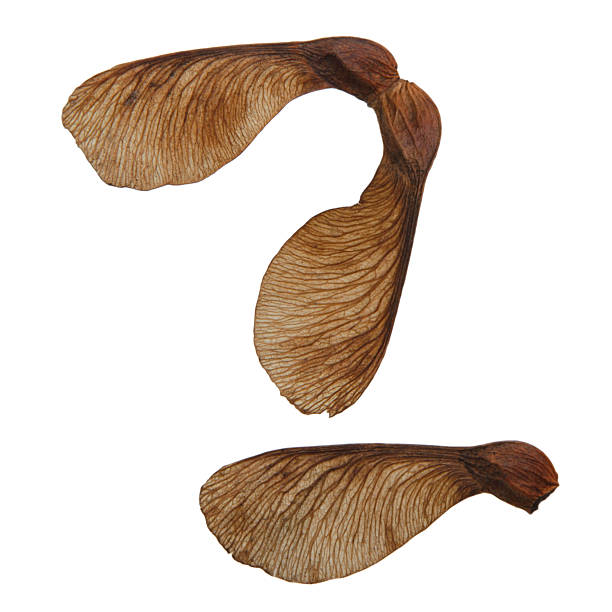How does a tree (or any plant, really), know to evolve to produce a delicious fruit or a poison berry, a seed inside an impenetrable shell, or invent a type of flying machine, in order to reproduce? (Each of these examples exists in my backyard)
How do they receive feedback about their evolutionary experiments? How do they know it worked/failed. [10]



How does it design a uni wing device to carry its seed to the earth?
as, for example an elm or maple? a random mutation may have provided a small spur to a seed. the spur changed the trajectory of the falling seed and may have allowed it to fall further from the parent plant and into a more ideal growing environment or simply further afield, which would allow it to slightly out-complete others plants.
if this change proved sucessful over longer periods of time, then the mutation would likely get more pronounced as long as the mutation continued to improve the plants fitness for its environment. fast forward 100,000 years later and environment pressure combined with inheritability and mutation have given you seeds with glide wings.
Makes sense. I realize the first part of the Q was simplistic. And I should have known (I did) the answer. It’s the design I’m most perplexed by - not the why, the how. I guess this would be the simplest way to explain it.
Still, that birds, insects, and trees, all have wings… It’ll never not be mind blowing.
You could look up some videos on “mutation design” which is a stochastic design method, which is basically used to design structures (like drone bodies) by using random mutations. It really shows how evolution works in real time.